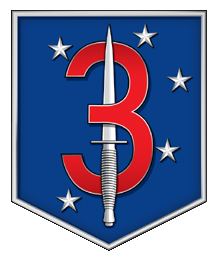NEWS
- In Universe Dateline: Febuary 14th 2023
- Tensions rise in South Africa after no clear winner in Presidential election
- Bomb in Tehran café kills three IRGC members, separatists suspected
- Dominican Republic government on verge of collapse as gang violence escalates in Santa Domingo
- Russia claims successful test of nuclear-powered cruise missile, experts remain skeptical
- Man claims he was acting under Taylor Swift's secret orders after being arrested at NATO summit
- Livonia detains 12 over suspected coup attempt
- Sahrani troops disperse protest with gunfire, 8 reported dead
- Hurricane rips through Florida Cemetery; Hundreds reported Dead
- THESE HEADLINES ARE WORKS OF FICTION INTENDED TO SUPPORT THE STORYLINES OF THE 3d MRB REALISM UNIT
